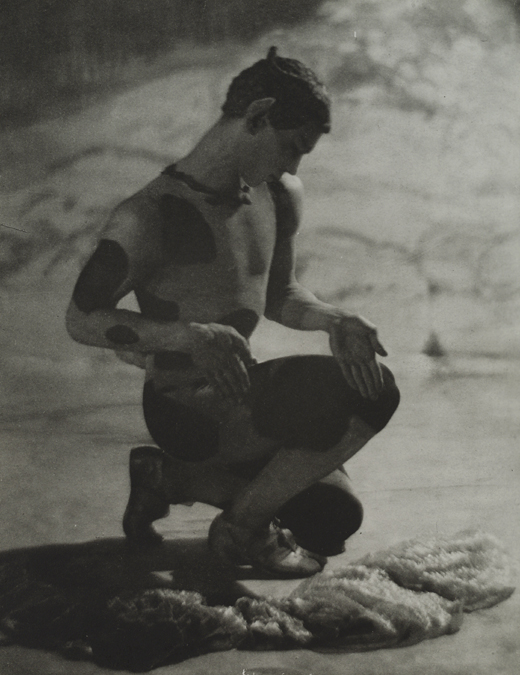Dirigida por Steven Soderbergh. La cinta, que dura cinco horas, ha sido dividida en dos partes: El Argentino y Guerrilla. La actuación de Benicio del Toro encarnando al mito le valió ganar la Palma de Oro como mejor actor en Cannes.
Uno puede estar en contra o a favor de lo que hizo El Che, pero se tiene que reconocer inobjetablemente que es uno de nuestros íconos culturales.
Slavoj Zizek sobre Che Guevara
Recall how Che Guevara conceived revolutionary violence as a "work of love": "Let me say, with the risk of appearing ridiculous, that the true revolutionary is guided by strong feelings of love. It is impossible to think of an authentic revolutionary without this quality." Therein resides the core of revolutionary justice, this much misused term: harshness of the measures taken, sustained by love. Does this not recall Christ's scandalous words from Luke ("if anyone comes to me and does not hate his father and his mother, his wife and children, his brothers and sisters - yes even his own life - he cannot be my disciple"(Luke 14:26)) which point in exactly the same direction as another Che's famous quote? "You may have to be tough, but do not lose your tenderness. You may have to cut the flowers, but it will not stop the Spring." This Christian stance is the very opposite of the Oriental attitude of non-violence which - as we know from the long history of Buddhist rulers and warriors - can legitimize the worst violence. It is not that the revolutionary violence "really" aims at establishing a non-violent harmony; on the contrary, the authentic revolutionary liberation is much more directly identified with violence - it is violence as such (the violent gesture of discarding, of establishing a difference, of drawing a line of separation) which liberates. Freedom is not a blissfully neutral state of harmony and balance, but the very violent act which disturbs this balance.

No hay comentarios.:
Publicar un comentario